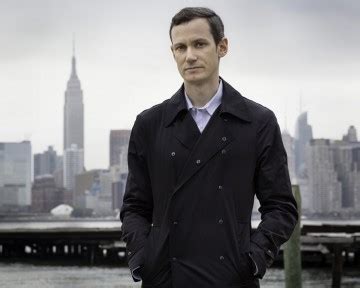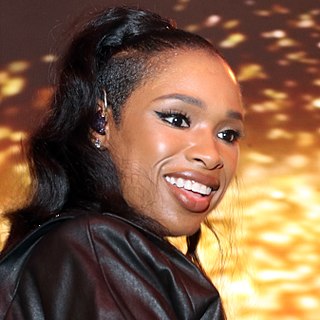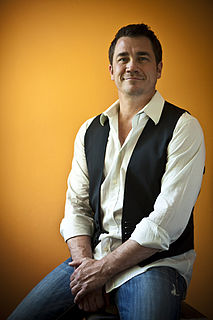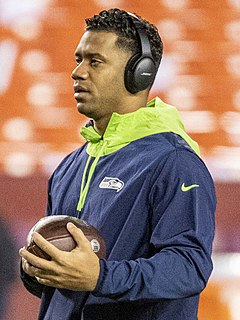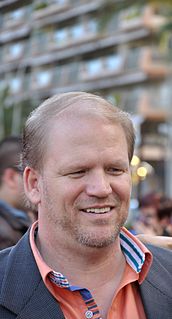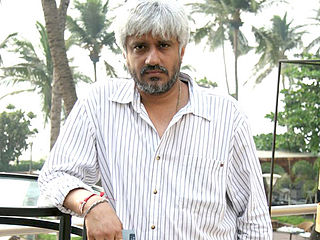A Quote by Pamela Anderson
I'm known for my handwritten notes.
Quote Topics
Related Quotes
How do I let the director know how obsessed I am and willing to do anything for the movie? Like, I wanted to write this one director a letter, so I wrote him a handwritten note. But then I was like, 'How many people are writing this guy handwritten letters? Is it going to seem cheesy? What do I do?'
Spike optioned my first book, 'Now the Hell Will Start,' and he trusted me to write the screenplay, too. That was an awesome learning experience - I grew up watching Spike's movies, and here he was giving me handwritten notes about structure and dialogue. His feedback taught me so much about how to craft a cinematic narrative.
It's easy to forget history or give it a cliff notes. The cliff notes of history. But mainly, so much of what happens in 'Eyes on the Prize' happened in Jackson, Mississippi. Jackson, Mississippi isn't really known for any other touchstone to the movement, other than Medgar Evers being killed. There were sit-ins and riots and atrocities.
I’ll write down little lines, I always say, 'K.T.N.,' and I say that to my receivers and running backs and that means 'keep taking notes.' That keeps me alert. That keeps me going. That keeps my drive there, even when you’re taking notes on something that you’ve already taken notes on a million times - keep taking notes.
You get notes from two studios and a network instead of a studio and a network. Although we early on forced them all to do their notes together. I make them all talk to each other first. Because we went through the pains of getting notes from ABC and at the time it was Touchstone, that were opposite - and then CBS notes that were opposite again. So it was, you guys are going to have to work it out as to what is the most important note.







